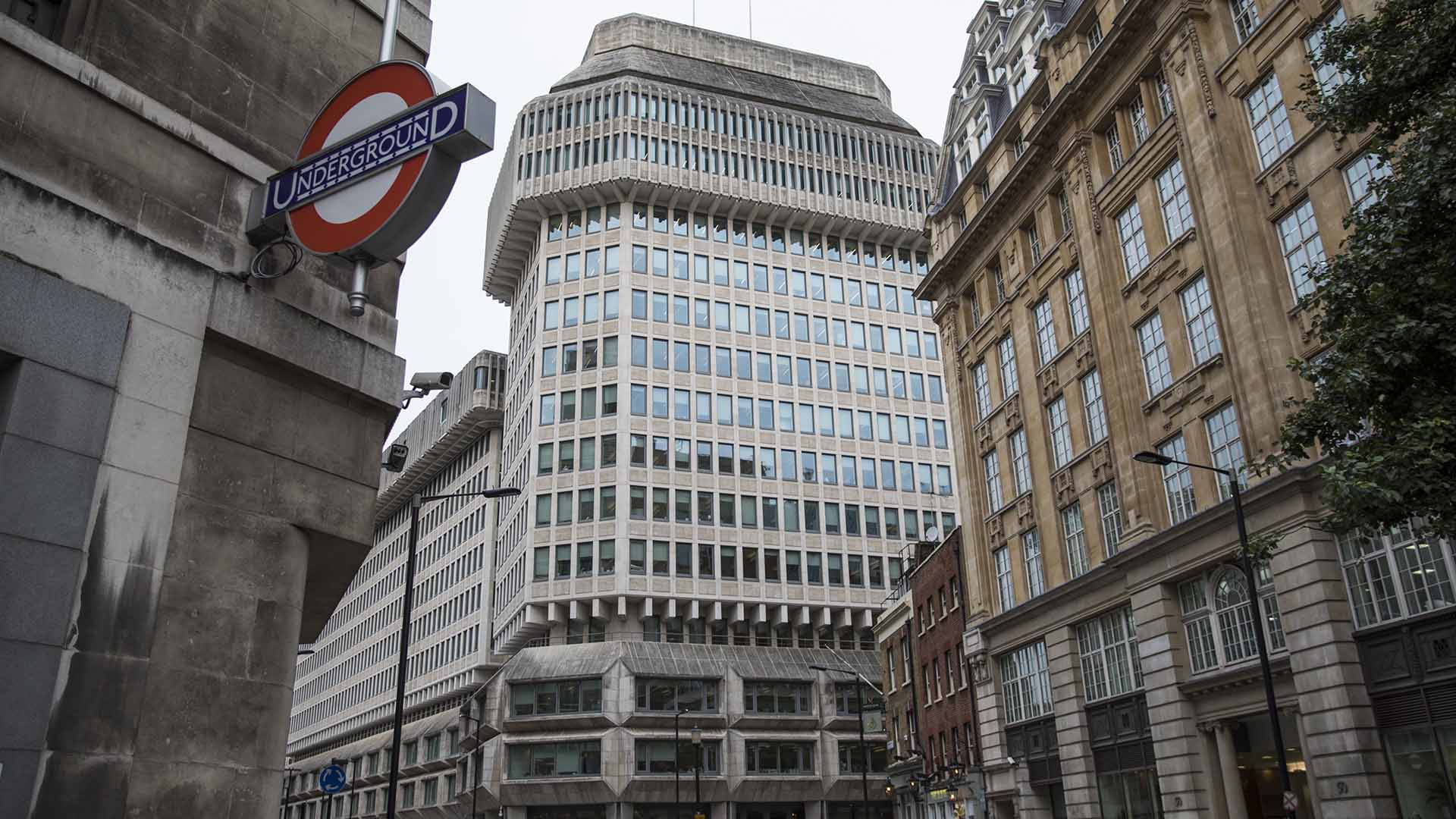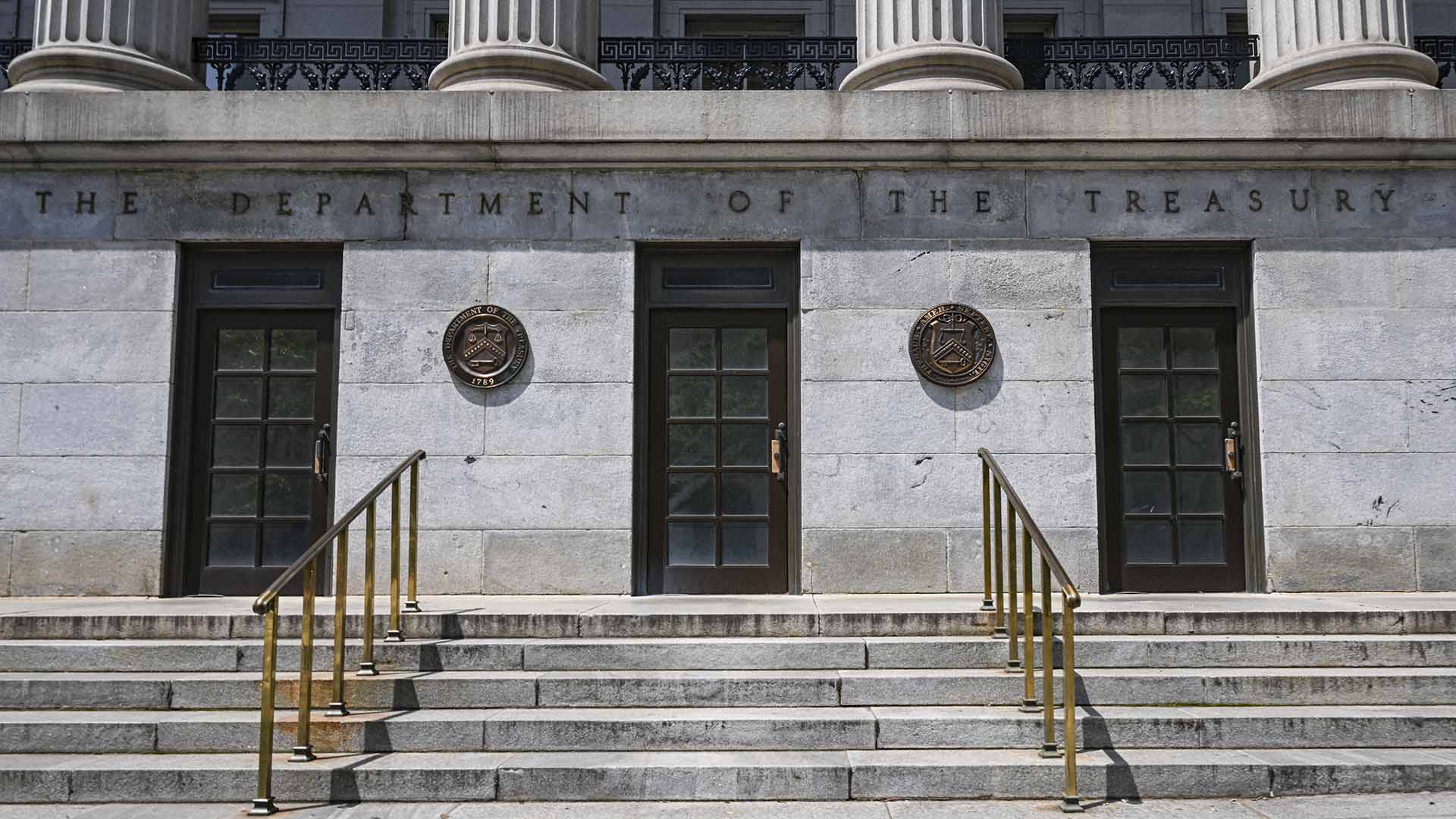Prosecutors in Britain have been accused of being too timid in targeting financial criminals, with two separate reports last month highlighting low levels of enforcement against both financiers tasked with reporting suspicious money flows and wealthy tax cheats.
Between 2012 and 2021, U.K. authorities opened just 23 cases against bankers and other financial insiders for failing to report money laundering suspicions, according to the most recent government data, which was obtained by corporate crime lawyer Ruth Paley of Eversheds Sutherland and analyzed by moneylaundering.com, the news arm of the anti-financial crime network ACAMS.
Under U.K. law, employees at financial institutions or other companies subject to anti-money laundering rules can be held criminally liable for failing to report suspicious transactions, either internally through their institutions or directly to the country’s financial intelligence unit.
The decade of data showed prosecutors brought an average of two cases per year, and Paley told moneylaundering.com that it was more likely cases were being brought against people “tangled up in wider criminal conduct, such as employees who’ve been placed inside a bank branch to help launder money.”
“These are unlikely to be hapless individuals who haven’t done their job properly,” she said.
In 2020, a global investigation by the International Consortium of Investigative Journalists and BuzzFeed News exposed the pivotal role played by the world’s biggest banks in facilitating global dirty money flows. Based on a leaked trove of documents from the U.S. Department of Treasury, the FinCEN Files identified thousands of U.K. shell companies that received billions of dollars in suspicious transactions, and showed how bankers at HSBC, Barclays and other top British banks courted high value, high risk clients.
Lawmaker Margaret Hodge, a prominent voice on anti-corruption matters from the United Kingdom’s Labour Party, told ICIJ that “just 23 criminal investigations” was an “appalling” figure that indicated a “clear reluctance from law enforcement to pursue individuals working in the banking sector.”
“We know from the FinCEN Files that high street banks all too often believe that they can get away with a tick box exercise, meanwhile failing to robustly pursue blatant wrongdoing,” she said. “The system needs a complete overhaul with tougher duties on banks and professional enablers and a well-resourced enforcement capability.”
We know from the FinCEN Files that high street banks all too often believe that they can get away with a tick box exercise, meanwhile failing to robustly pursue blatant wrongdoing.
— Labour Party MP Margaret Hodge
In a separate report, U.K. authorities also came under fire for the low number of cases against rich tax cheats. According to an investigation by The Bureau of Investigative Journalism and TaxWatch, only 11 “wealthy” people were prosecuted for tax fraud last year, despite the outsized role the U.K. and its overseas territories, including the British Virgin Islands, Cayman Islands and Jersey, play in enabling tax dodging and financial secrecy.
About 800,000 British taxpayers are categorized as “wealthy” — having an income above £200,000 (about $243,000) a year or £2 million (about $2.43 million) or more in assets — according to the U.K.’s tax authority, HM Revenue and Customs, but fewer than 100 have been prosecuted for tax crimes since 2017, TBIJ reported.
Dan Neidle, the founder of Tax Policy Associates, told TBIJ that HMRC has focused on financial recovery, through low-risk civil penalties and settlements, rather than on costly criminal proceedings, despite the latter being a “way more powerful deterrent.”
“The problem is that [it undermines] the rule of law if people are able to do tax evasion, get caught, and then not face criminal penalties,” he said.
An HMRC spokesperson told TBIJ that its prosecution numbers continued to be impacted by pandemic-related court delays, but that the authority still has “more than 300 people under criminal investigation as part of our work to tackle the wealthiest and most sophisticated offenders.”
Tristram Hicks, a financial crime consultant and former Scotland Yard detective, said an overhaul of the system was needed, and suggested the U.K. could look to its neighbor for inspiration.
“The investigation of tax fraud would benefit from a multiagency approach like the Criminal Assets Bureau in Ireland which appears to pursue tax evasion more frequently than the U.K.,” he said.



